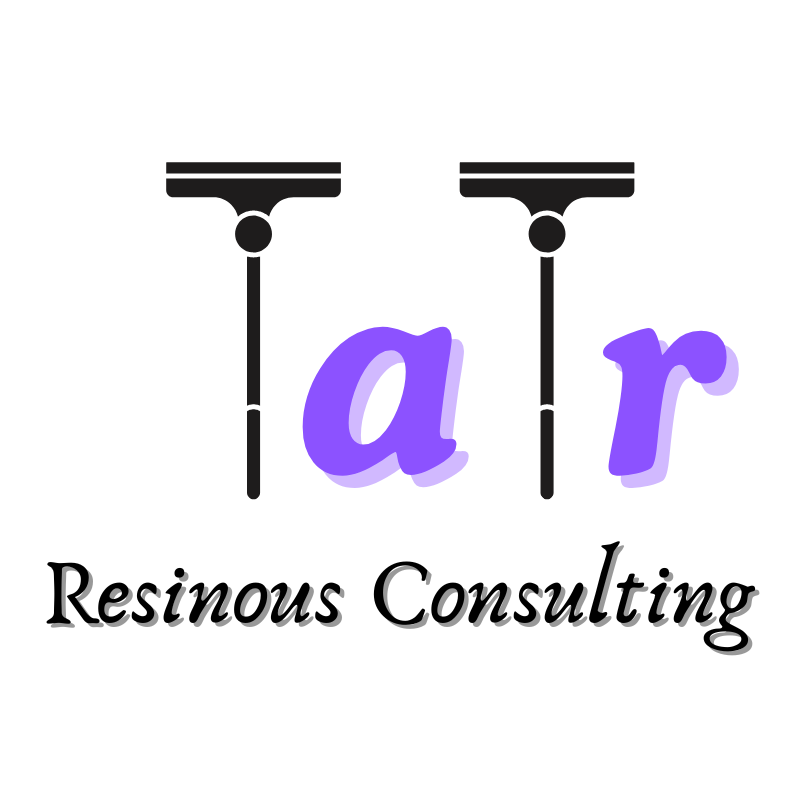Top 7 Ways to Market Your Resinous Floor Business
When it comes to marketing your resinous floor contracting business, choosing the right platform for your budget can be a game changer. With various options available, each presenting its unique advantages and challenges, it’s essential to weigh them carefully to ensure the best return on your investment. Let’s explore some of the most effective places to allocate your marketing budget and find out which approach is right for your business.
1. Social Media: Facebook & Instagram**
Pros:
Large Network: These platforms boast billions of users, giving you access to a vast audience.
Targeted Marketing: You can focus your ads on specific demographics, locations, and interests, pinpointing potential residential leads.
Cost-Effective: Compared to traditional advertising, these platforms offer relatively low-cost advertising options.
Ideal for Residential: Great for attracting homeowners and smaller projects.
Cons:
Saturation: It can be challenging to stand out amid the noise of various advertisements.
Costs Can Escalate: Small ad placements can accumulate costs quickly.
Complex Platforms: Navigating Facebook’s ad system can be tricky, and it constantly evolves.
Less Effective for Commercial Clients: These platforms are less impactful for industrial or commercial projects.
2. Direct Mail
Pros:
Tangible Marketing: A physical piece of marketing can make a significant impression.
Area Targeting: You can send materials to specific neighborhoods or industrial areas.
Highly Customizable: Tailor your message to fit different audiences, whether residential or commercial.
Cons
Cost Considerations: Printing and mailing can be pricier, depending on the volume.
Variable Effectiveness: The success rate can be unpredictable.
List Management Required: You need accurate mailing lists to target effectively.
3. LinkedIn
Pros:
Industry-Specific Audience: Helpful for targeting commercial clients and industry stakeholders.
Organic Growth: You can grow your network through connections and shared content.
Affordable: Generally offers lower cost per impression than some other platforms.
Cons:
Limited Residential Reach: it’s less effective for gaining residential clients.
Higher Costs: Can be pricier compared to other social media platforms.
Engagement Issues: Many users may not actively check or engage with LinkedIn frequently.
4. Google Ad Buys
Pros:
Lower Cost: Usually, it can be more budget-friendly, especially at a regional level.
Traffic Generation: Strong ability to drive traffic to your website.
Cons:
Click-Through Rate: Often lower than expected, resulting in fewer leads.
Ad Placement Control: Less control over where your ad appears.
Broader Regions Can Add Costs: Targeting larger areas can become expensive quickly.
5. Email Blasts
Pros:
Vetted Leads: Services provide leads that are often qualified and ready to engage.
Focused Targeting: Helps in finding specific customer needs.
Inexpensive: Generally, costs are lower than many other forms of marketing.
Broad Reach: Quickly disseminates your message to a large audience.
Trackable: You can measure engagement through open rates.
Cons:
Low Click-Through Rates: Often results in minimal engagements.
Potential Alienation: Some recipients may find repeated emails overwhelming or spammy.
6. Paid Lead Services
Pros:
Vetted Leads: Services provide leads that are often qualified and ready to engage.
Focused Targeting: Helps in finding specific customer needs.
Cons:
Expense: This option can be pricey.
Quality Concerns: Often, not all leads are genuinely ready to buy.
7. Sales Representatives
Pros:
Direct Client Relationships: Sales personnel can penetrate the commercial and industrial markets more effectively.
Higher Margins: Typically, such contracts are much more lucrative.
Personalized Selling: Tailored pitches improve trust and conversion rates.
Cons:
High Cost: Hiring and training sales reps can be significant.
Time-Intensive: It often takes time to build a solid customer base through personal relationships.
Finding the Right Mix
So, what’s the conclusion? The effectiveness of your marketing budget placement largely depends on your target audience and business goals. For residential resinous contractors, social media, particularly Facebook and Instagram, is crucial for generating leads. However, for commercial and industrial contracts, investing in a sales team may yield better long-term results.
Balancing a mix of social media, direct mail, and sales representatives can provide the most robust marketing strategy. Short-term campaigns through social media and direct communication might offer quicker returns, while a solid sales approach could lead to larger, more profitable projects in the long run.
In this complex landscape, finding the right marketing strategy can be overwhelming. That’s where the expertise of consultants like TaTr comes in, helping you strategize and optimize your marketing efforts to drive success in your resinous floor projects. With their guidance, you can confidently allocate your budget where it will be most effective, ensuring your business thrives in a competitive marketplace.
